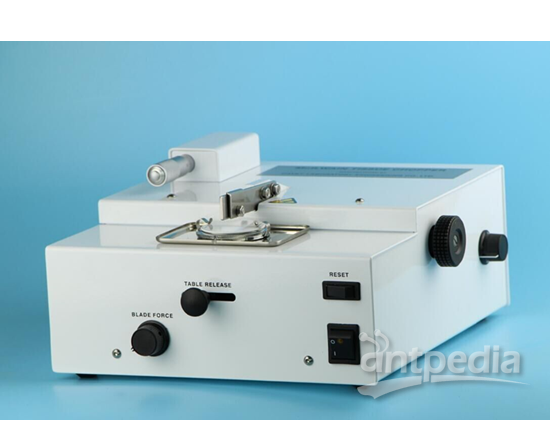Msp/Ron Receptor Signaling Pathway

MSP, macrophage-stimulating protein, acts through the transmembrane receptor kinase RON (Stk in mice) to play a role in inflammation and the response to tissue injury. MSP is secreted by the liver into the blood as pro-MSP, an inactive precursor form. MSP is related to clotting factors that are activated by proteolytic cleavage and pro-MSP is itself also activated by cleavage to MSP. Binding of activated MSP heterodimer to RON expressed on macrophages, monocytes and keratinocytes stimulates activation of the RON kinase and second messenger pathways, including PI-3 kinase. Macrophages respond to MSP with changes in cell shape and motility and keratinocytes respond by proliferating. Tissue injury leads to pro-MSP cleavage and activation, and macrophages and keratinocytes that respond to MSP are key cells in tissue injury response, supporting a role for MSP and RON in the response to tissue injury. The interaction of MSP and macrophages at sites of inflammation such as infection also depends on chemotactic factors such as MCP1 and inflammatory cytokines such as IL-1 and TNF that attract and activate immune cells in the affected tissue.
Contributor: Glenn Croston, PhD
REFERENCES: Correll PH, Iwama A, Tondat S, Mayrhofer G, Suda T, Bernstein A. Genes Funct 1997 Feb;1(1):69-83. Deregulated inflammatory response in mice lacking the STK/RON receptor tyrosine kinase. Danilkovitch A, Leonard EJ. J Leukoc Biol 1999 Mar;65(3):345-8, Kinases involved in MSP/RON signaling. Nanney LB, Skeel A, Luan J, Polis S, Richmond A, Wang MH, Leonard EJ. J Invest Dermatol 1998 Oct;111(4):573-81, Proteolytic cleavage and activation of pro-macrophage-stimulating protein and upregulation of its receptor in tissue injury.




















